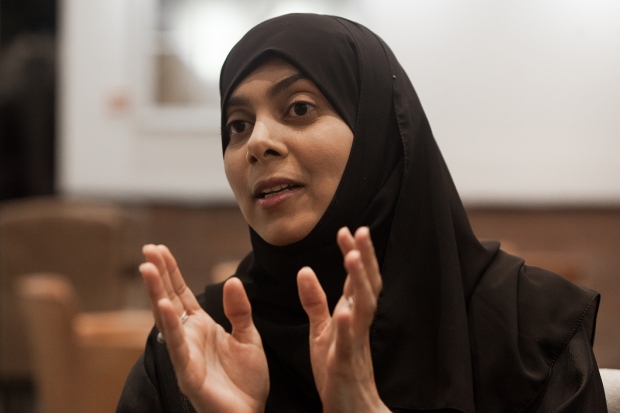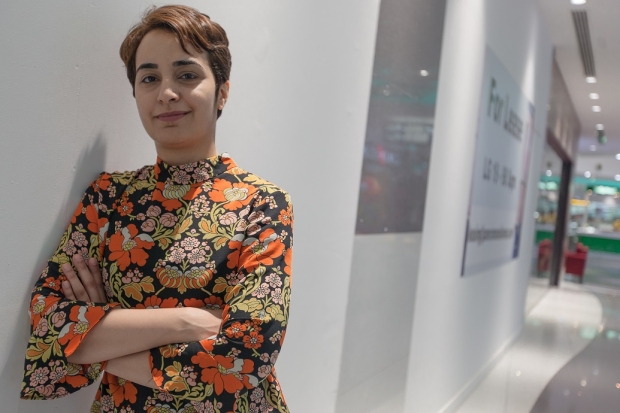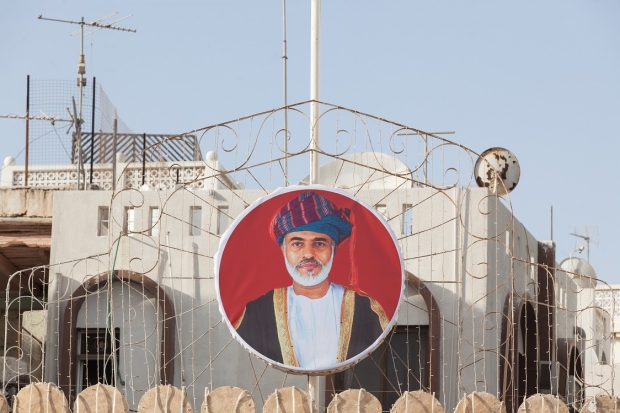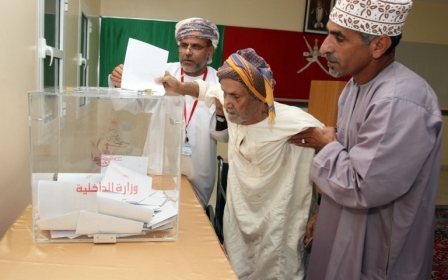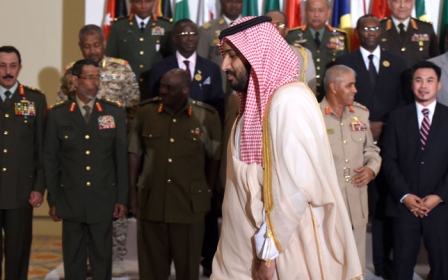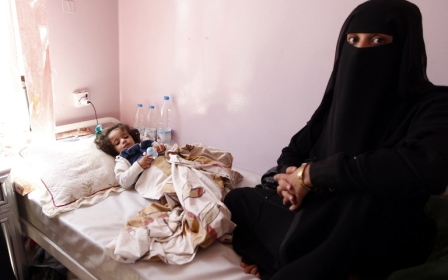Omani elections: Women making small leaps in politics
MUSCAT - On the streets of Muscat, the last of the political posters are falling apart in the wintry heat. On 25 December 2016, Omanis voted in the municipal elections of wilayats (governorates) for the second time in their history.
Men and women went to vote and more than ever before, gender was not an obstacle. A total of 333,733 men and 289,491 women cast their ballots this year, an increase of 100,000 from the last elections, according to the Interior Ministry.
In 1994, Oman became the first Gulf monarchy to give the vote to women, and in 2011 decreed that elections be held for municipal councils. Before that, councillors were appointed by the governors.
On the other hand, only 23 women ran for the 202 seats in the 11 municipalities, including the capital Muscat. While only four women had been elected during the 2011 election, seven were elected in 2016.
This small progress says a lot about women’s rights in the Sultanate, but Omani society remains patriarchal and still under the deep influence of tribes - except in large cities.
New MEE newsletter: Jerusalem Dispatch
Sign up to get the latest insights and analysis on Israel-Palestine, alongside Turkey Unpacked and other MEE newsletters
The councillors will have limited powers, as authorities will designate chairmen and deputy chairmen for the municipalities from outside those elected. The municipal council offers public services to the people, including building and repairing roads and public schools.
More open than before, yet imperfect
Sana al-Mashari, 37 years old, and Amna al-Balushi, 35, were respectively elected in the provinces of Amerat and Seeb, in the governorate of Muscat. Both have the ambition to gain acceptance in an Omani society, which they describe as more open than before, but at the same time still imperfect.
"People did not vote for my tribal affiliation," said al-Mashari, whose father sat on the city council from the mid-80s to the beginning of the 90s.
"He encouraged me, as well as the rest of my family, to succeed him and perpetuate our name in the city council,” she said while sitting at a mall coffee shop. Unlike her father, Sana was elected.
"My father had been appointed by the wali (governor) because he knew some businessmen. I prefer elections because it is all about merit and that gives confidence to the candidates, who are not just named by someone or another,” the newly elected woman says enthusiastically.
Some conservative men initially refused to even speak to her. After several attempts trying to initiate dialogue with them, and explaining that they were all human beings, they finally started discussing matters with her
Balushi does not have the same family background, but she actively campaigned in her province of Seeb for two weeks. She said she travelled around and gave public speeches and interviews to the media.
“People stopped me in the street to ask me if I really was Amna al-Balushi. I had no unfriendly remark. I distributed many cards,” she said while laughing.
A mother of four children, Balushi said that having a supportive family helped her focus on her campaign and win the elections.
She keeps people up to date with her activities through Facebook, Instagram and Twitter.
The future
For her winning the elections was not related to tribal affiliation anymore. Her tribe, Balushi, represents 12 percent of the Omani population. It is influential in Oman, but Amna knows that in Muscat "people did not vote for my tribal affiliation, but for the one that they believe would best serve them”.
Both elected candidates said they would keep their doors open to the people and tentatively listen to their complaints and needs.
Balushi is an English teacher at a private school in Muscat, but she hopes one day to become the minister of education.
Mashari is still studying in her last year to obtain a degree in business school, but she also wants to become a doctor and pursue medical studies.
"I knew that with only my high school degree, I would not have been eligible to be involved in politics. That is why I am still studying," Mashari said.
According to a UNICEF report published in 2011, 81 percent of girls in Oman attended high school, in comparison to 83 percent of boys, which is a small difference according to Balushi, who said she values the fact that education in the Sultanate is provided equally to both girls and boys.
"In the family, we all got a diploma. My sister studies in the United States,” she said, adding that Sultan Qaboos does not support gender discrimination.
Women have to 'fight more...'
Doctor Saeed al-Muharrami, professor of political science at the university of Sultan Qaboos in Muscat, agreed with Balushi.
"We have 18,000 students only in this university and among these 18,000, we have more girls than boys. And this is the case for almost all the universities in Oman,” he said while smiling.
“For four years, we have had a new branch in political science and in this branch, there are more women than men,” he added.
Muharrami predicted that the country would witness more female ambassadors and more women competing in the political arena.
Basmah al-Kiyumi, 32, an Omani lawyer interested in women’s rights, recognises that a female politician "has to fight more than men to get there".
She explained that this is because the relationship between men and women is still restricted by the customs and religion of the country, so it is difficult for women to have access to a large network of people like men do.
Mashari agreed, saying that some conservative men initially refused to even speak to her. After several attempts trying to initiate dialogue with them, and explaining that they were all human beings, they finally started discussing matters with her.
Kiyumi, nevertheless, said she recognised that the government has made significant progress.
Sultan Qaboos marches to a 'blessed renaissance'
In 2008, the government decided to designate a day to celebrate women on 17 October. The festivities in honour of women started in 2009 after a progressive speech by Sultan Qaboos:
“Since the early renaissance we have cared for the participation of Omani women in the march of the blessed renaissance, so we have provided them with education, training and employment opportunities and supported their role and status in society,” he said. “We have also stressed on the need for their contribution in various development fields. We have facilitated this through regulations and laws that guarantee their rights and explain their duties in order to be able to develop their inner abilities, expertise and skills to build their country and raise its status. We are continuing on this path, God willing.”
In a 2013 study on women's rights in 22 Arab countries by a group of rights and discrimination experts, Oman came second only to the Comorros Islands, and ahead of other Gulf states, Jordan and Egypt.
At the end of 2015, 41 percent of government employees were women, according to the ministry of Information.
While on the legislative side, Kiyumi said that family law still sometimes favours men over women.
"Regarding divorce, child custody, inheritance, permission to have a passport,” progress was still needed, she said. "But things are evolving here."
This article is available in French on Middle East Eye French edition.
Middle East Eye delivers independent and unrivalled coverage and analysis of the Middle East, North Africa and beyond. To learn more about republishing this content and the associated fees, please fill out this form. More about MEE can be found here.


